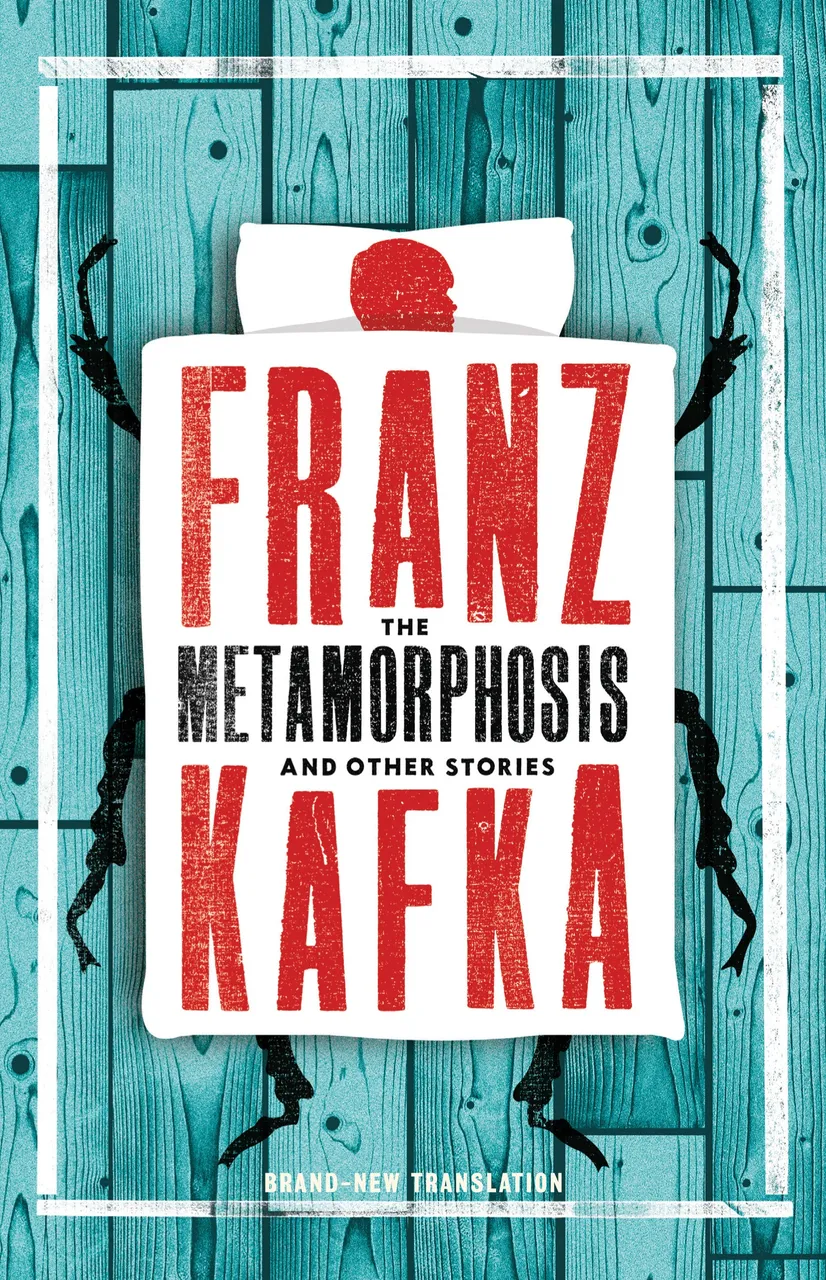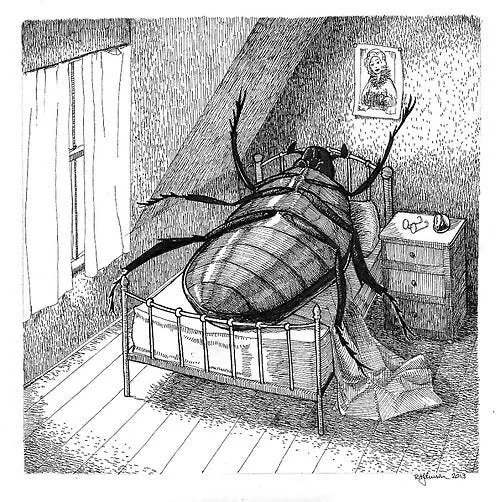
Franz Kafka's "Metamorphosis" is a gripping novella that dives deep into themes of alienation, identity, and the human condition. First published in 1915, this work remains a cornerstone of 20th-century literature and is a must-read for anyone intrigued by existential philosophy and psychological fiction.
The story kicks off with Gregor Samsa, a traveling salesman, waking up to find himself transformed into a gigantic insect. This shocking transformation sets off a chain of events that profoundly affects Gregor and his family. Confined to his room and unable to communicate, Gregor experiences increasing isolation and despair as his family struggles to cope with the bizarre situation.
Kafka masterfully portrays Gregor’s internal struggle and growing sense of alienation. His sister Grete, who initially cares for him, eventually becomes repulsed and resentful. Gregor’s parents, Mr. and Mrs. Samsa, are both shocked and burdened by their son’s condition. Their reactions highlight the theme of familial duty and the strains it can place on relationships.
Gregor’s transformation serves as a metaphor for the alienation and disconnection many people feel in modern society. His inability to communicate and his family's reaction to his condition emphasize this theme. The novella also explores the fragility of identity and how it is influenced by societal roles and expectations. Gregor’s shift from the family's breadwinner to a burdensome insect challenges his sense of self. Kafka delves into the complexities of family relationships, particularly how they are affected by external pressures and internal conflicts. The Samsa family's struggle to adapt to Gregor's transformation reveals underlying tensions and dependencies.

Kafka's writing is characterized by its precise, unadorned prose and a sense of surrealism that heightens the story's impact. His ability to convey deep psychological insights and create an atmosphere of tension and unease is remarkable.
"Metamorphosis" is a thought-provoking and haunting tale that leaves a lasting impression on readers. Kafka's exploration of human suffering, isolation, and the search for meaning resonates as powerfully today as it did over a century ago.
Whether you're new to Kafka's work or a seasoned reader, "Metamorphosis" is a literary journey worth taking.
What’s interesting is how some readers find a comedic element in the absurdity of Gregor’s transformation, which contrasts sharply with the tragic tone that unfolds. When Gregor's family starts moving on without him, despite his desperate attempts to connect, it tugs at your heartstrings. You can’t help but feel for Gregor as he watches his family adapt to life without him, making his isolation even more poignant.
Have you read "Metamorphosis"? If so, what did you think of it? If not, do you plan to give it a read?